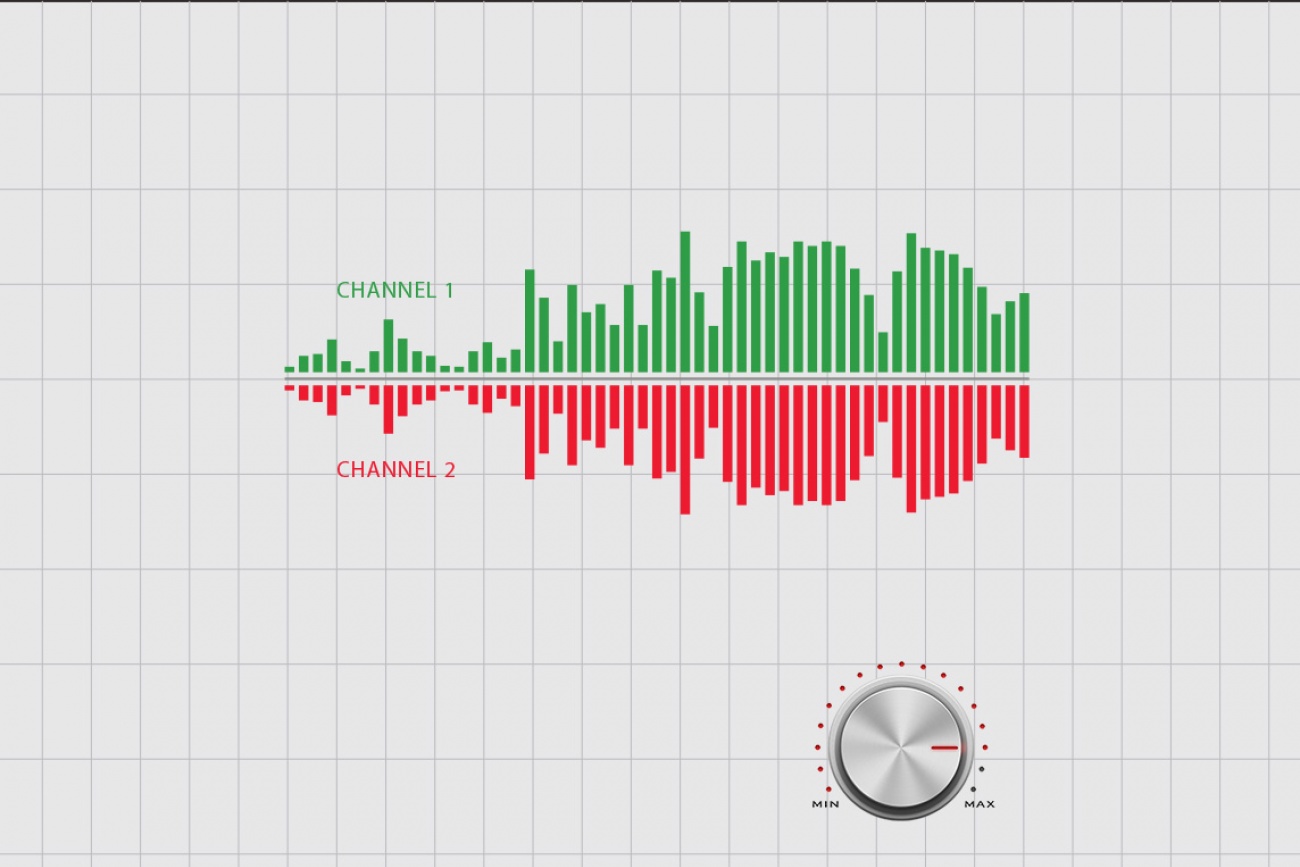Nurturing cultural entrepreneurship through digital technology training in Guatemala
“Digital technology is increasingly getting more low-cost and widespread. As a result, it's also becoming one of the most democratic forms of technologies there is.”, says Diego Padilla, director of the Instituto de Relaciones Internacionales e Investigaciones para la Paz (IRIPAZ), an NGO committed to promoting Guatemala’s cultural diversity through audiovisual media.
So it comes as no surprise that digital technology has always been a fundamental part of IRIPAZ’s project “Intercultural social communication through audiovisual creation”.
Already during the first phase of the project, young indigenous students were introduced to the digital world, where they learned how to operate digital cameras and how to use graphic design programs such as Photoshop and Illustrator, editing programs such as Final Cut Pro and After Effects and audio production programs such as Logic Pro.
The second and current phase of the project, known as INCREA Lab, has been proving to be an even greater success, with students being taught skills in entrepreneurship in the creative audiovisual sector. And these skills are also strongly related to digital technology, especially when it comes to setting up innovative creative enterprises.
So, in order to motivate young people in Guatemala to nurture their entrepreneurial drive through digital technology, IRIPAZ brought Spanish filmmaker Nicolás Alcalá to speak to them. During his presentation, he told students how he managed to raise half a million US dollars to produce and direct his feature film “The Cosmonaut”, by using online crowdfunding* platforms only.
The training and skills provided by INCREA Lab with the support of UNESCO’s International Fund for Cultural Diversity (IFCD) have encouraged many students to follow Mr. Alcalá’s steps and become entrepreneurs on their own in the audiovisual sector. Carlos Julian Arana Baltazar, 27 years old, a young Garífuna from Livingston, is one of them. “Before the INCREA Lab program, I was already involved with audiovisuals, but I did that in a more experimental way. After this program, everything became much more professional. And I believe digital technology plays a very serious role in the success of this program because it makes everything easier, more convenient and more accessible.”
He has already started two companies: Tamalito Producciones and LB Productions. The first one is what he proudly calls “the first, one and only intercultural company in Guatemala” and it has already produced a music video called Pueblos Unidos. The second one is an individual project that he hopes will help him make a very personal dream come true: producing an audiovisual encyclopedia of the Garífunas.
Mr. Arana’s story is just one of the many positive results already achieved by the INCREA Lab project. Other meaningful accomplishments include a partnership with the Spanish Cultural Centre and also an important participation of the project’s students in the first ever StopMotion Festival.
Mr. Padilla, however, expects to reach even greater heights: “we have strengthened our relationship with the Universidad de San Carlos and we’re actually in talks with them to get our training module through the university system. We’re working with them to transform the training module of the INCREA Lab into part of the university curriculum.”
* Crowdfunding is a participative financial mechanism.
